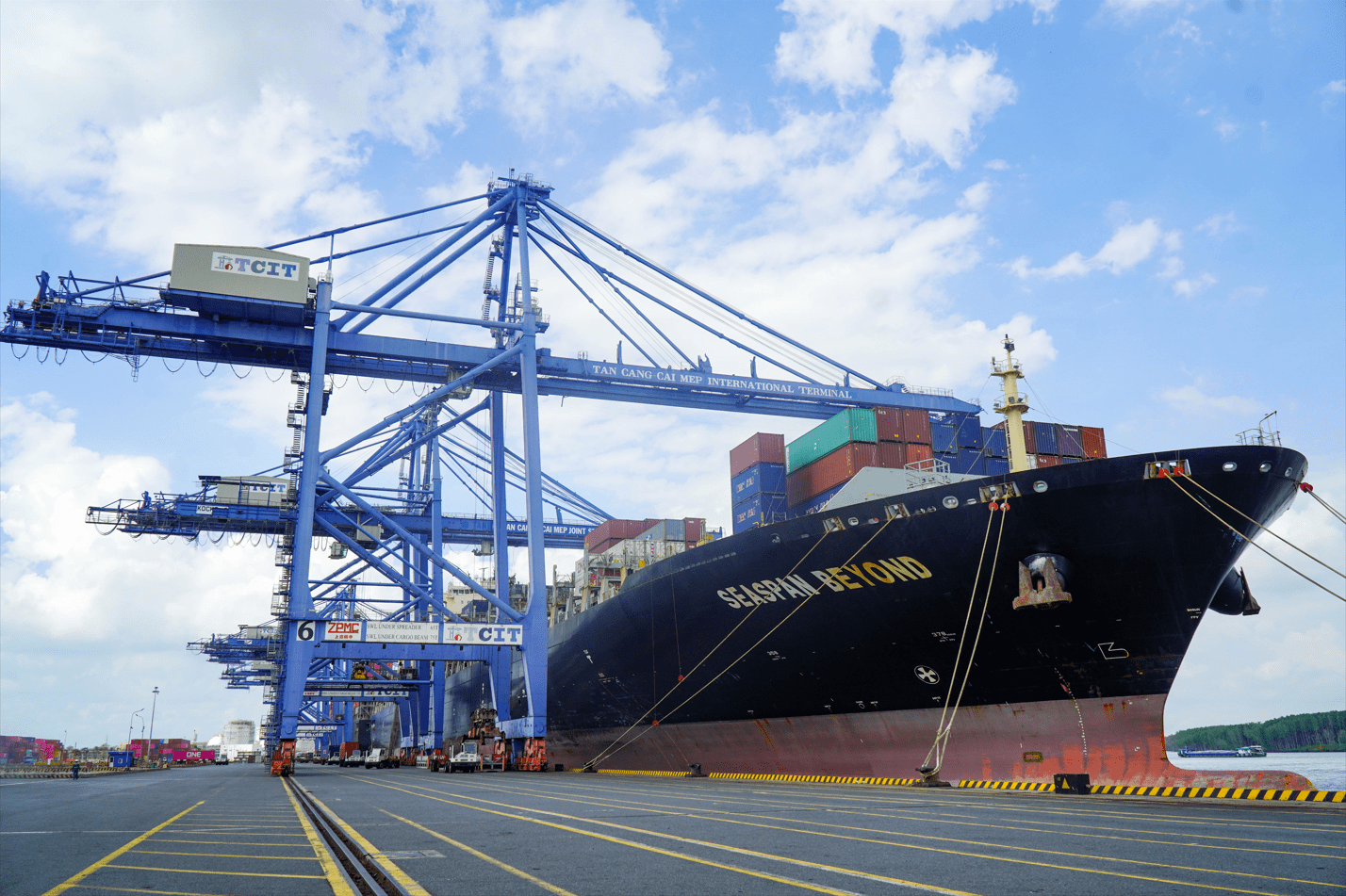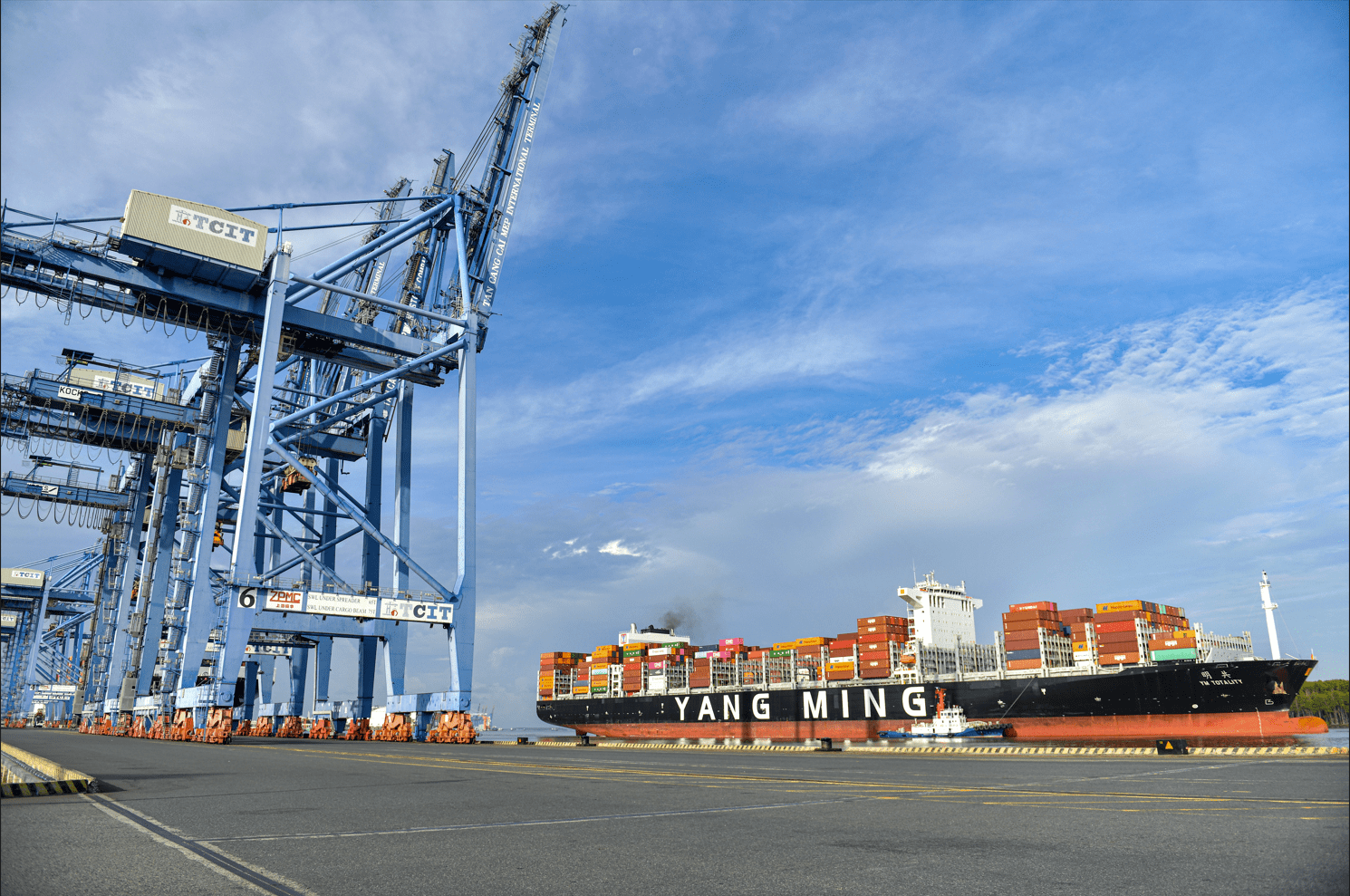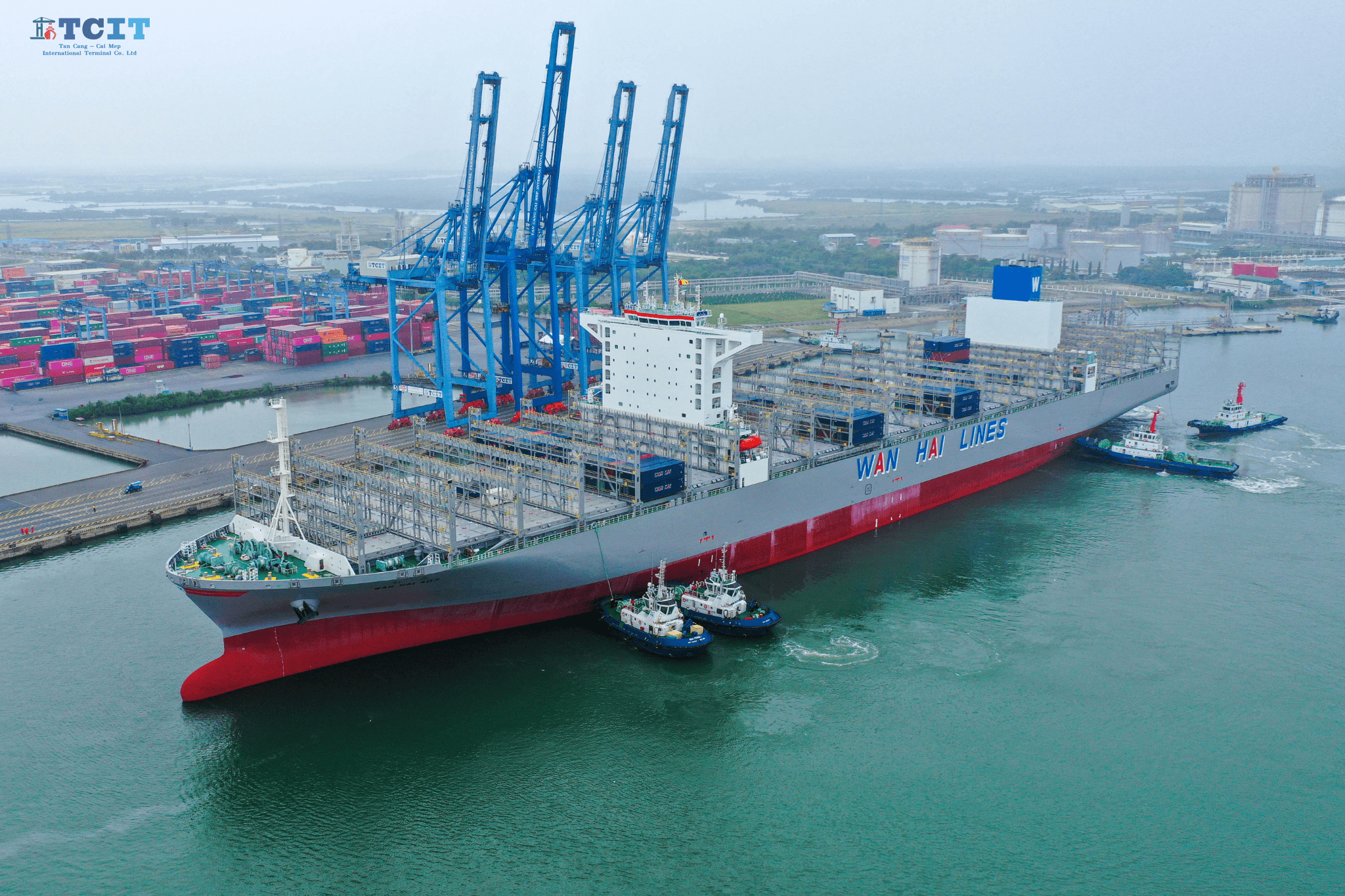Alphaliner: 2018 a Year of Contrast for Boxship Market
The containership market witnessed a year of contrast as overcapacity continued to pressure the boxship sector in 2018 despite some initial optimism, according to Alphaliner.
Charter rates rallied in the first half of 2018, but were only short-lived. Average rates fell in the second half and the year eventually ended with levels lower than twelve months ago.
Vessel deliveries reached 1.3 million TEU in 2018, surpassing the 1.2 million TEU of new buildings that joined the fleet in 2017. Meanwhile, scrapping and other deletions dropped to a seven-year low with only 111,200 TEU deleted during the year, compared to the 427,000 TEU removed in 2017, Alphaliner noted.
“These two factors, together with a handful of vessels that were jumboised during 2018, drove the total cellular fleet up by 5.7% to reach 22.3 million TEU at the end of the year.”
The high net supply growth could not be matched by tonnage demand, leading to a surge in idle fleet which hit 628,000 TEU at the end of 2018, compared to only 416,000 TEU a year earlier.
“For the first time since 2011, the idle fleet dropped to below 200,000 TEU in the first half of 2018. Later in the year however, when weak operating margins forced carriers to slash capacity on various trade lanes, the idle fleet crept up again,” according to Alphaliner.
The increase of the inactive fleet was fueled by four service withdrawals on the Trans-Pacific route in July and the temporary suspension of one high-capacity Asia-Europe string in September.
MSC intensifies North Sea cleanup
On Saturday, the company issued a further statement saying it "would like to reassure authorities and members of the public in the Netherlands and Germany that the company will pay the full costs of the clean-up."
MSC said it was "committed to continue searching the sea for the containers which fell overboard, until the last one is found. MSC will also ensure that the beaches of the Dutch and German coastlines are surveyed until all debris related to this incident has been cleared."
The salvage and emergency response company Ardent Global was appointed "to coordinate the search at sea in both countries, in full collaboration with relevant authorities."
“In some locations, MSC is also taking over contracts initiated by local authorities as part of an emergency reaction to the incident in order to provide a sustained and effective response operation,” the shipping line said in a statement issued Friday.
The cleanup is concentrated around the Dutch and German coastlines and the Frisian islands of Vlieland, Terschelling, Ameland and Schiermonnikoog, MSC said.
Sonar-tracing vessels for underwater recovery and boats with hydraulic, remote-operated grab functions to pick up boxes are being utilized in the operations.
About eight containers of materials were collected Thursday from the shores of Terschelling with an industrial raking machine deployed to comb the beaches, MSC said, adding that a drone was used to scan the area.
The Associated Press had reported that Dutch authorities were warning the public to stay away from the containers as some carried toxic and flammable chemicals.
Maersk Container Industry will focus on reefers
Last November MCI also announced it would start offering in 2019 a product called Sekstant that would relay information about reefer containers as they are in transit.
“One out of three refrigerated containers used in global perishable transportation uses Star Cool container technology manufactured by MCI,” the company said.
“MCI’s strategy is to grow in cold chain where our Star Cool technology is a clear leader. This growth requires focused investment in the best products and services,” said Sean Fitzgerald, chief executive officer of MCI. “Putting all of MCI’s resources on the cold chain business will ensure sustainable growth and continued investment in the best products and services for our customers.
However, Maersk also closed a factory in Chile this summer dedicated to building refrigerated containers, just three years after opening it. MCI manufactures reefer containers and the Star Cool refrigeration units at its remaining factory in Qingdao, China.
Reefer containers are built by marrying an insulated container to a refrigeration unit such as those made by MCI. An industry expert said that the Carrier unit of United Technologies manufactures more than half the refrigeration units, followed by MCI and Japan's Daikin. Ingersoll-Rand's Thermo King is another manufacturer.
The largest manufacturer of shipping containers is China International Marine Containers. CIMC said in 2017 it sold 1,308,900 TEUs of dry containers, nearly 113 percent more than the 587,300 it sold in 2016. It also said it sold 109,100 TEUs of reefer containers, nearly 37 percent more than the 79,700 TEUs it sold in 2016.
An industry expert estimated that a total of about 275,000 TEUs of reefer units were sold in 2018, up from 210,000 TEUs in 2017 and 145,000 TEUs in 2016, when production fell sharply from 270,000 TEUs the prior year. His estimate was that in 2018 CIMC made about 58 percent of reefers (as measured in TEUs), and MCI about 27 percent, Singmas about 8 percent, and Guangdong Fuwa Engineering Group, about 6 percent.
ONE’s Boxship Sets Productivity Record at PSA Terminal
Singapore-based shipping company Ocean Network Express (ONE) and PSA Singapore (PSA) celebrated the highest productivity record of ONE’s containership NYK Swan at the PSA’s Pasir Panjang Terminal on December 21, 2018.
Over 6,000 container moves were accomplished in 18.5 hours or a gross berth productivity rate of over 300 shipshore moves. As explained, this was an “exceptionally high performance standard” in container shipping operation.
A celebratory event was attended by over 100 representatives from ONE and PSA Singapore.
“This was a significant occasion for both ONE and PSA, as it not just represented the highest productivity rate by
far demonstrated by an operating vessel of ONE, but also served as a new operational benchmark for PSA,” ONE said.
Last month, ONE and PSA unveiled plans to form a joint venture container terminal based at Pasir Panjang Terminal. Subject to regulatory approvals, the terminal is scheduled to commence operations in the first half of 2019 and operate four mega container berths with a combined annual handling capacity of 4 million TEUs.
ONE was established in July 2017 by the integration of three Japanese shipping companies – K Line, MOL and NYK.
Source: American Shipper, World Maritime News
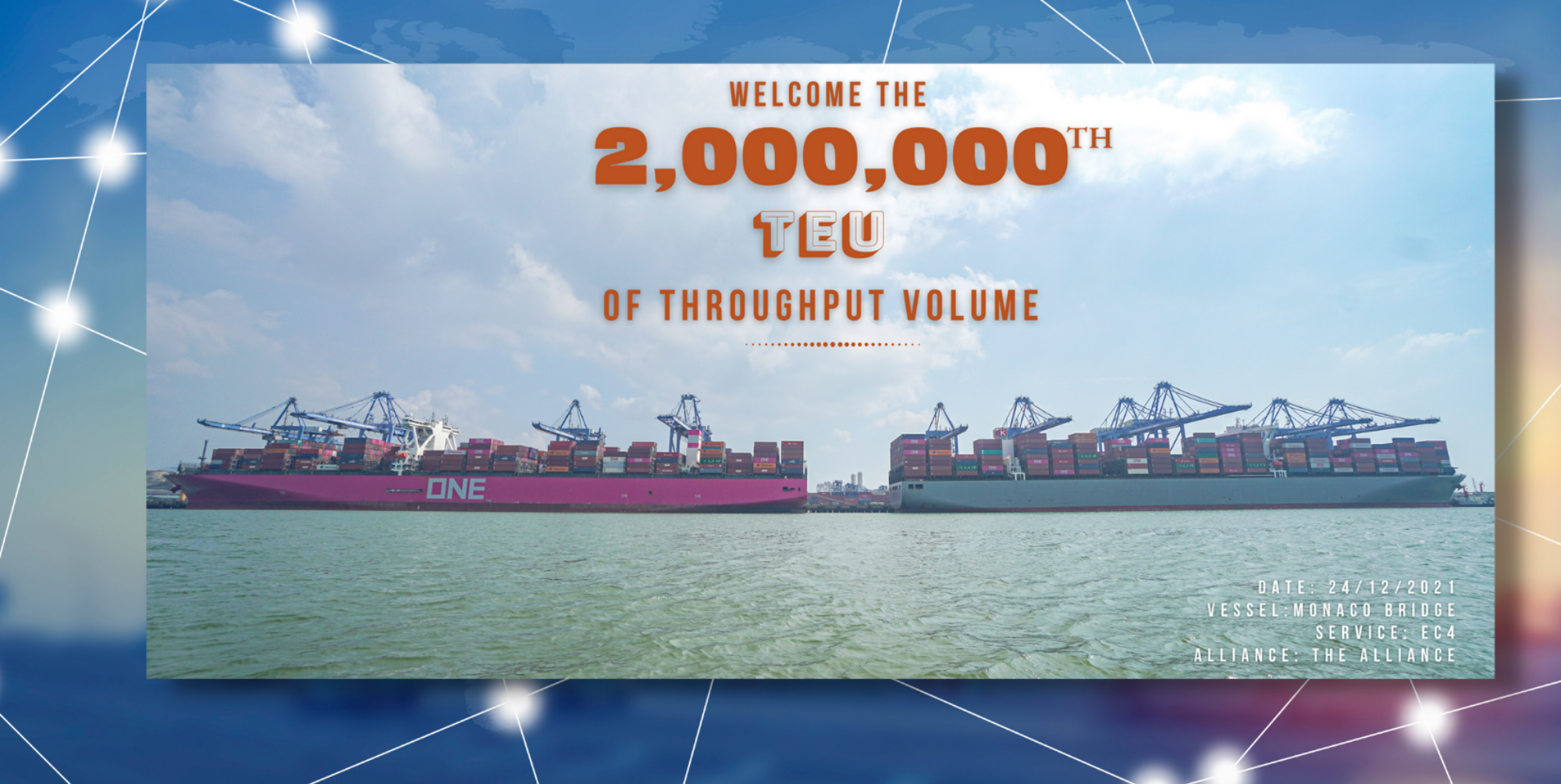
.png)

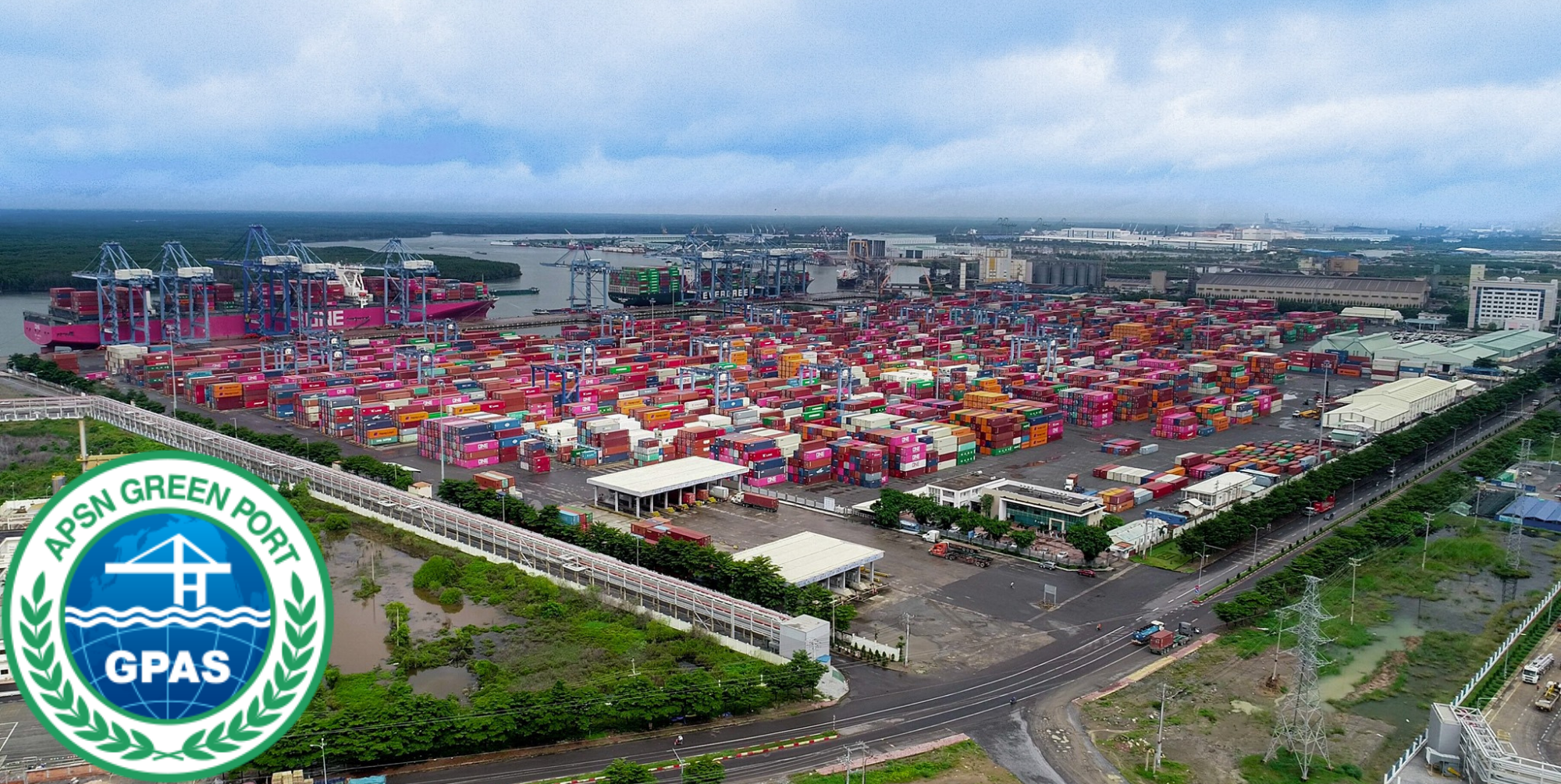

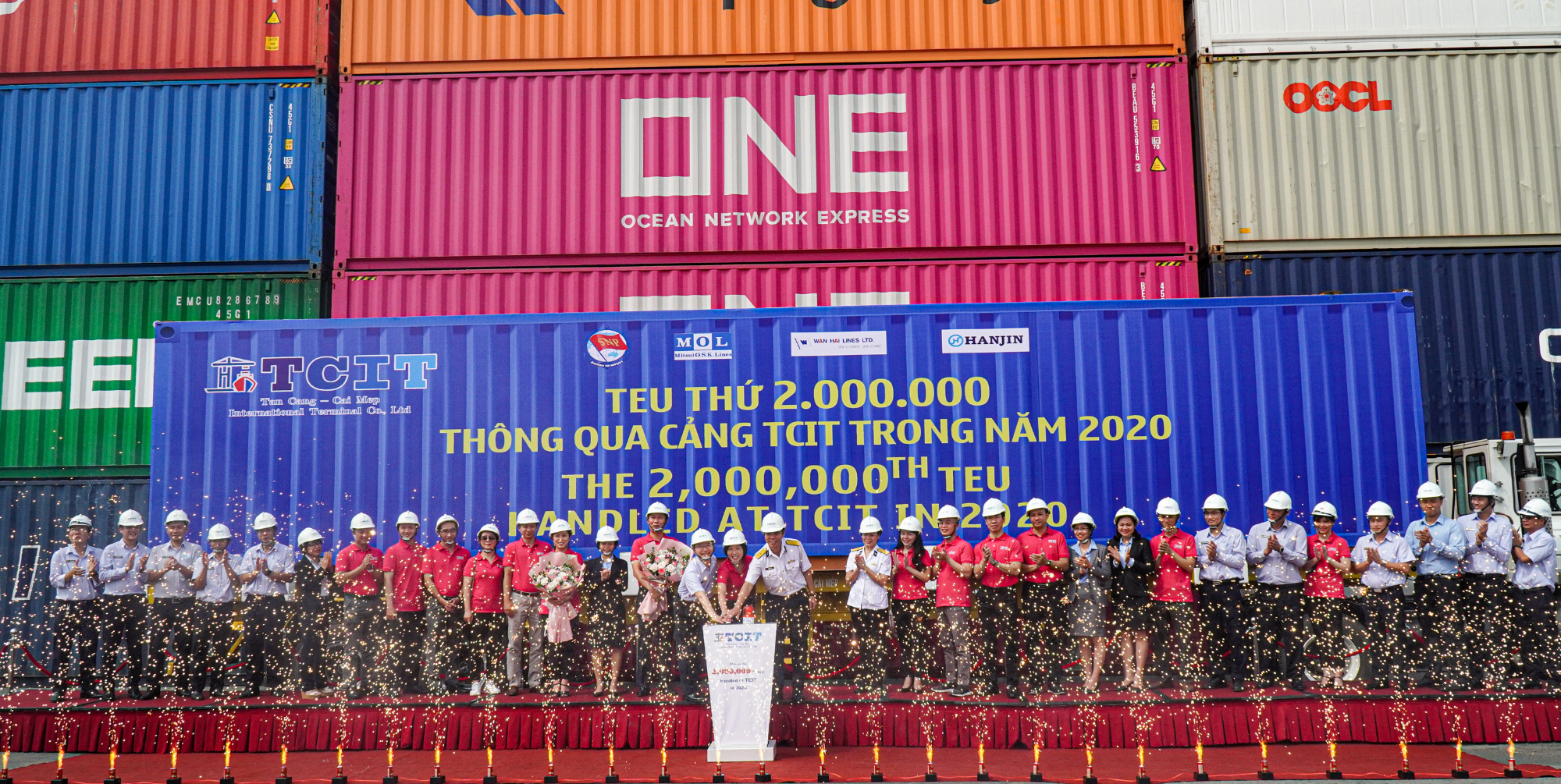
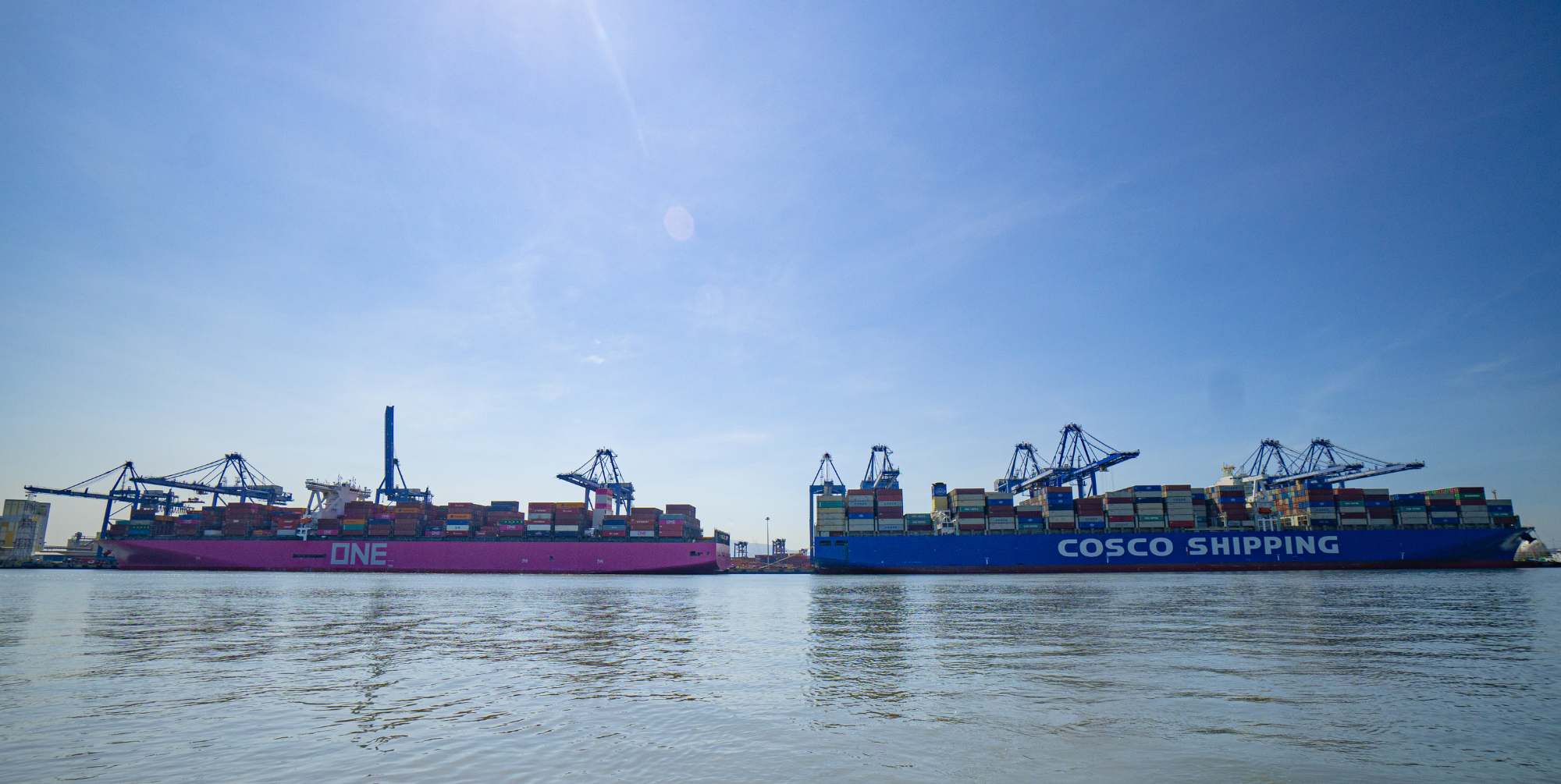
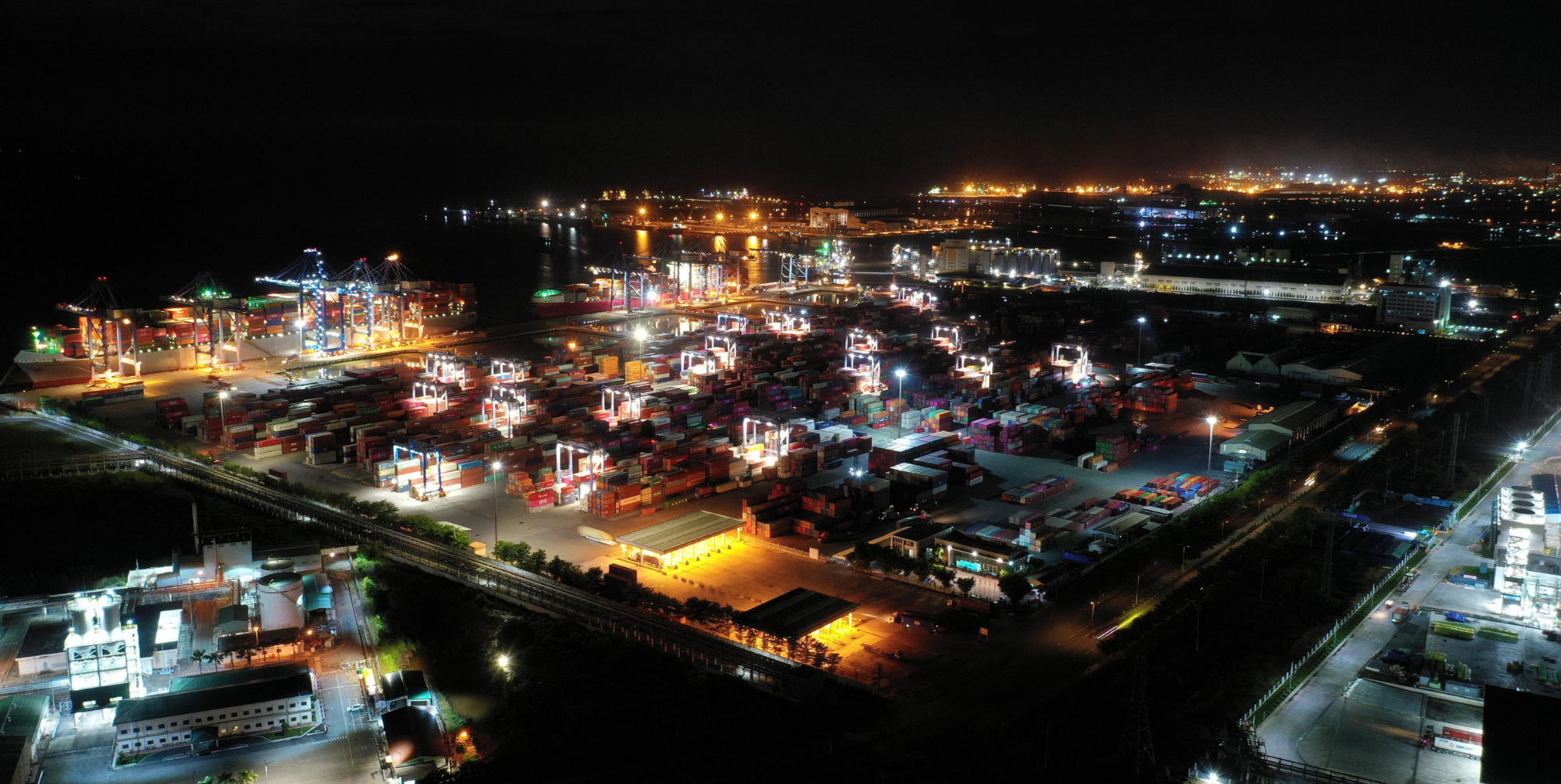
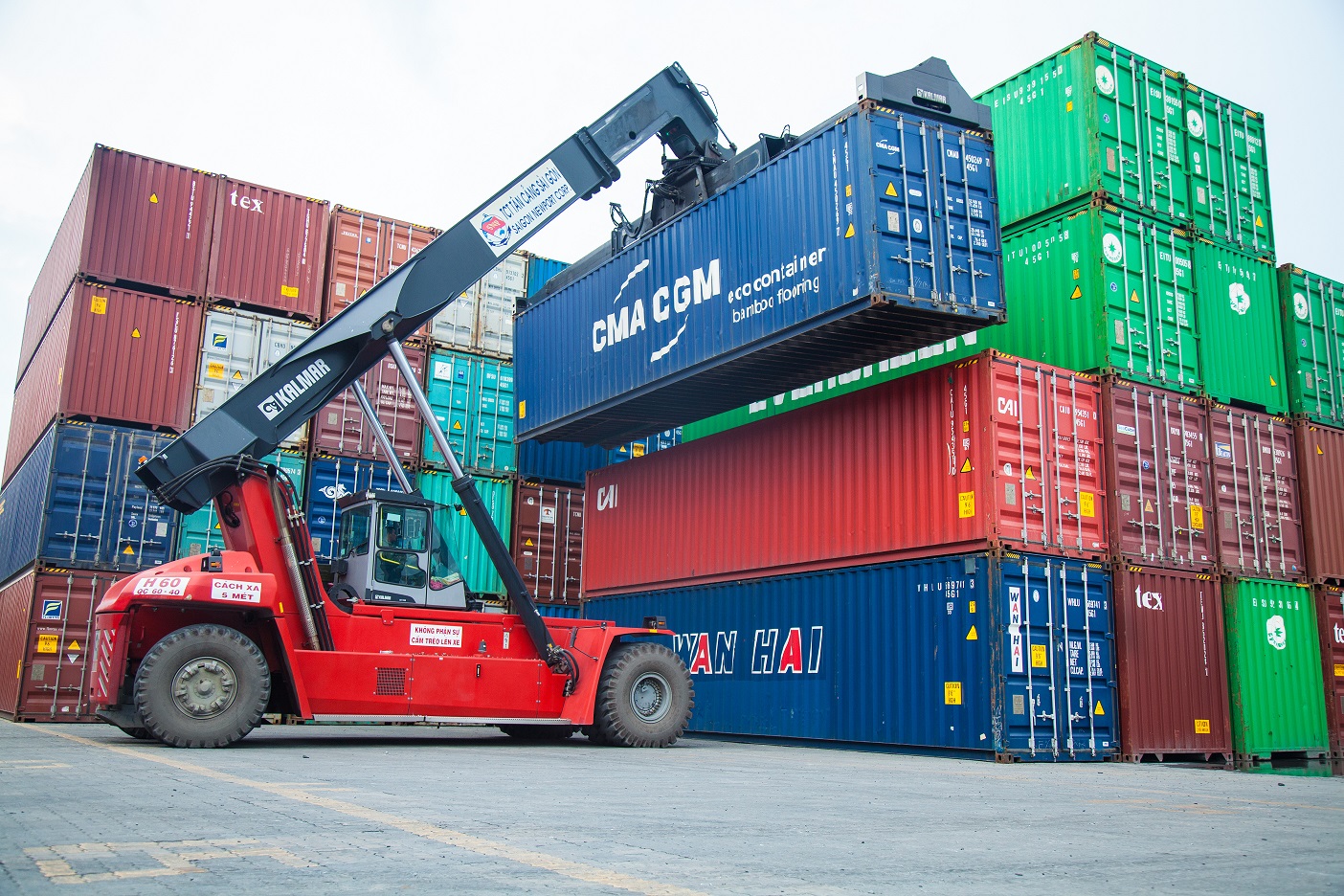
.jpg)
